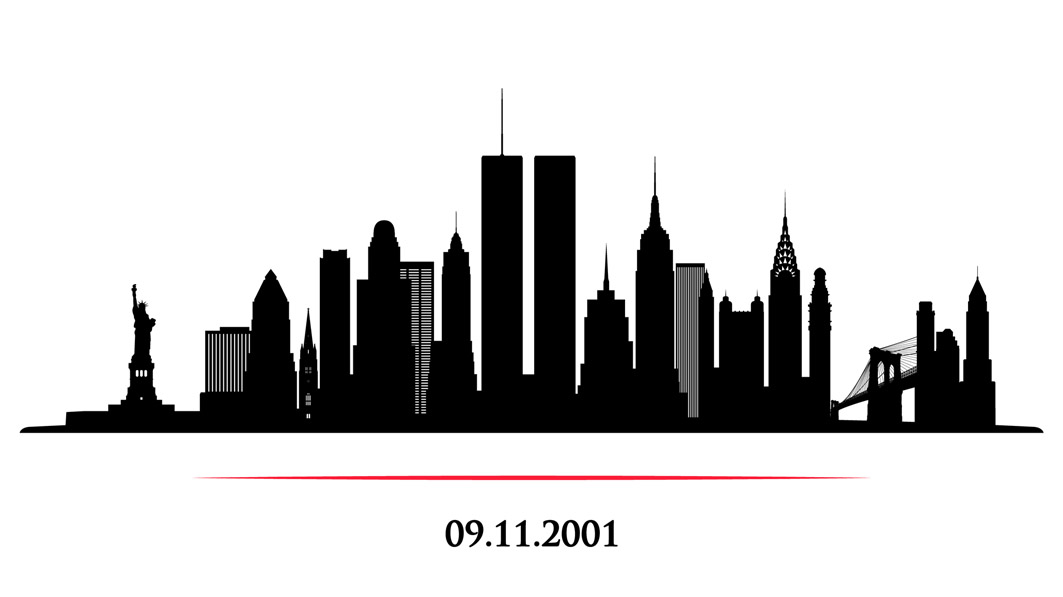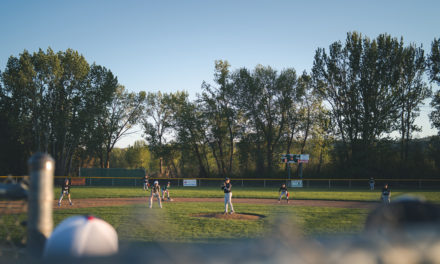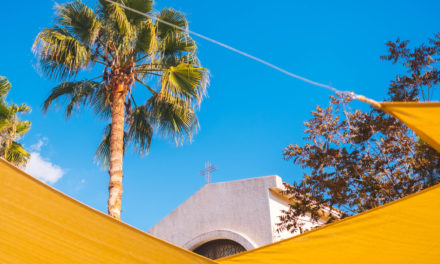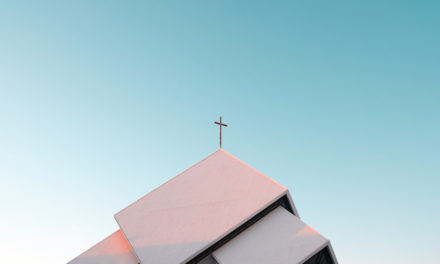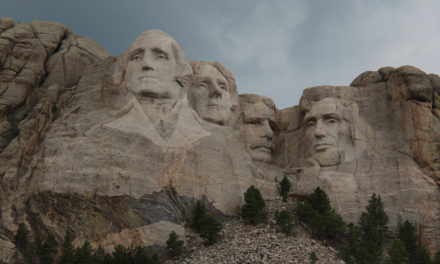Every year on the anniversary of 9/11, I purposely drive past the Pentagon on my way to work from home in northern Virginia. As I motor up the George Washington Parkway toward the Memorial Bridge, with the Pentagon on my right and Arlington National Cemetery on my left, I get a large lump in my throat, followed by tears, followed by a silent prayer.
Eighteen years later, it still hurts my heart very deeply. I see the various flags flying at half-staff in the early morning sunrise on the summer banks of the Potomac, and the horrible events of that day come rushing back as if it was yesterday.
In my former role as President Bush’s liaison to evangelicals, I was in The White House on 9/11. President George W. Bush was in Florida that morning. The plan had been, upon his landing back at The White House on the South Lawn, that he would go directly to the West Wing, and then attend a briefing that I was helping to organize in what is now the Eisenhower Executive Office Building next door to The White House.
On that day, we were welcoming to Washington the national gathering of the American Association of Christian Schools. We had arranged for President Bush to visit a briefing on important issues, making remarks to the assembled group, and departing for his next appointment.
Only that is not what happened. What happened was lightning out of a clear blue sky.
I was in my office at The White House when I heard a man in the hallway yelling at the top of his lungs, “Get out. Get out. This is real.” I was clueless what he was referring to. I had burrowed into last minute details of our presidential briefing and had not been paying attention to the horrific events that had begun to unfold between my arriving in the office after a business breakfast and what would become one of the worst days in American history.
Moments after I heard the man yelling, my phone rang. One of my colleagues in the Office of Public Liaison told me that the Secret Service had just asked all White House employees to depart the building, and that our White House guests – who had begun forming for their entrance into the building – were instead being ushered across 17th Street and away from The White House. In fact, people were moving with such speed to get out that the turnstiles were having trouble accommodating all the activity.
Moments later, I departed my office, made my way to the street-level exit, and witnessed the first massive and disturbing scene of that sad day: the traffic in downtown Washington was snarled beyond belief. Cars going in every direction to exit the city, and pedestrians in a form of mayhem rushing to be anywhere but in the vicinity of The White House as false rumors spread that the Capitol had been hit; that there had been a massive fire on the Mall; followed by more reports that the Pentagon had been hit.
We soon learned that the reality of the Pentagon airline-attack – as well as the downed plane in Shanksville, Pennsylvania, and the Twin Towers’ attack in New York – were all too true.
The White House complex was closed almost immediately with no option of getting to my car for a drive home. The subways were halted as well because the line I would normally have taken ran through the Pentagon. More mayhem; more bedlam; the chaos was growing.
Finally, I made my way to the downtown DC office of a friend, who graciously agreed to drive four of us home. A commute that would normally take 45 minutes maximum turned into an hours-long journey.
I remember seeing the smoke wafting from the Pentagon for the first time during that car ride home. It was an unreal, otherworldly scene: Was this really happening?
September 11, 2001, dawned in Washington as the most beautiful day of that year and one of the most beautiful days I have ever experienced. It evolved into barbaric tragedy. Yet out of that surreal day flowed unity of purpose and mission in our nation. Members of Congress came together to sing “God Bless America” on the Capitol steps. President Bush gave one of the most important speeches in presidential history at the Washington National Cathedral three days later. A joint session of Congress was an echo of Lincoln’s “right makes might.”
We must already remember; we must never forget what happened on 9/11. We owe it to the first victims of the war on terror that they did not die in vain.
“And what the dead had no speech for, when living,
They can tell you, being dead: the communication
Of the dead is tongued with fire
Beyond the language of the living.” – T.S. Eliot

